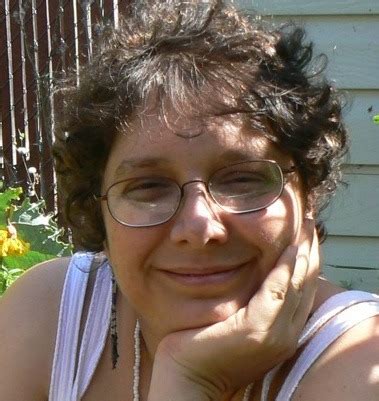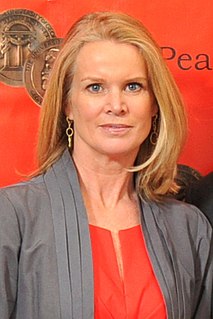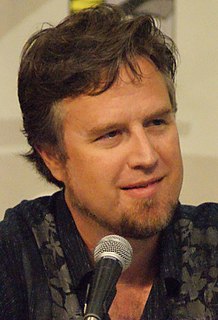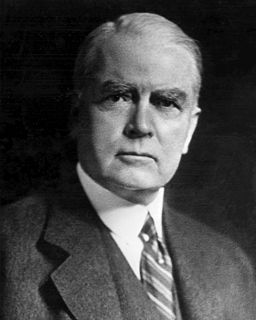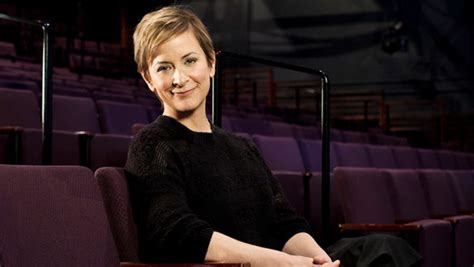A Quote by Deborah Tannen
All conversation, in addition to whatever else it does, displays, and asks for recognition of, our competence.
Quote Topics
Related Quotes
In a sense, the first (if not necessarily the prime) function of a novelist, of ANY artist, is to entertain. If the poem, painting, play or novel does not immediately engage one's surface interest then it has failed. Whatever else it may or may not be, art is also entertainment. Bad art fails to entertain. Good art does something in addition.
Solidarity is not a matter of altruism. Solidarity comes from the inability to tolerate the affront to our own integrity of passive or active collaboration in the oppression of others, and from the deep recognition of our most expansive self-interest. From the recognition that, like it or not, our liberation is bound up with that of every other being on the planet, and that politically, spiritually, in our heart of hearts we know anything else is unaffordable.
Our time on earth and our energy, intelligence, opportunities, relationships, and resources are all gifts from God that he has entrusted to our care and management. We are stewards of whatever God gives us. This concept of stewardship begins with the recognition that God is the owner of everything and everyone on earth. ... We never actually own anything during our brief stay on earth. God just loans the earth to us while we're here. It was God's property before you arrived, and God will loan it to someone else after you die.
If everyone else is doing something, I have little or no interest in it. If you're known as this guy who can do any kind of sound or voice or whatever, somebody will go, "Do you do Christopher Walken?" "No." "Well, why not?" "Because everybody else in the world does it." My carpenter does Christopher Walken.
Jesus does not respond to our worry-filled way of living by saying that we should not be so busy with worldly affairs. He does not try to pull us away from the many events, activities, and people that make up our lives. . . . He asks us to shift the point of gravity, to relocate the center of our attention, to change our priorities. Jesus does not speak about a change of activities, a change in contacts, or even a change of pace. He speaks about a change of heart.
I think one of the core ideas in America has always been conversation and being able to question our systems of government, and being able to dictate our own communities and how we want this country to work. And I feel like we're losing part of that because of the way that even our current political campaign is centered more around celebrity than anything else, and so we're kind of losing conversation. We're still having conversations, but they seem to be more about like Donald Trump's hair and like memes of his face more than anything else.


